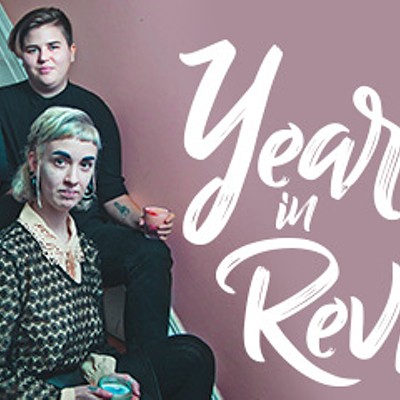Back in the day, Henry Ford had a problem. The automobile inventor couldnt find enough good workers to keep his factory churning out Model Ts. So on January 5, 1914, he unveiled another invention---the minimum wage. By paying at least $5 per day when the going rate for labour was closer to two bucks, he attracted the sort of motivated, productive employees who could make that famous assembly line hum. And make Ford his billions. Among the consumers buying Fords cars were the very workers who had built them. Ones own employees ought to be ones own best customers, said the American industrialist later in his life. Paying high wages is behind the prosperity of this country.
Although the idea of investing in the workforce and the customers at the same time seems like a capitalist masterstroke, mainstream response to the minimum wage has always been mixed. In 1914, Ford was called the workers friend (in a good way) and a socialist (in a bad way). In 2008, after a report suggested serious increases to Nova Scotias minimum wage, premier Rodney MacDonald similarly hedged his bets. From my perspective, it seems fair and reasonable, RodMac told the great Daily News reporter Brian Flinn. But well have to see what business has to say. Theres the rub.
Small business owners---or at least the organizations that purport to represent small business owners---have a knee-jerk negative reaction to minimum wage hikes. The report from the Minimum Wage Review Committee came out at the end of January, recommending the province raise the minimum from the current $7.60 per hour to $8.10 as of May. Further increases would take it to $8.60 per hour next year, to $9.20 in April 2010, and then to $9.65 in October 2010. Leanne Hachey, of the Canadian Federation of Independent Business, reportedly said Thats got to be a hard pill to swallow for many businesses. Hacheys official submission to the review committee in 2005 spelled out the CFIB position more clearly, saying the minimum wage is not the appropriate---or most effective---tool to address the issue of improving the lives of the working poor.
But economists disagree about the effects of wage changes. While the Fordist school says a rising minimum floats all boats, other research shows that a bigger wage is the workers enemy, because it leads to more unemployment, as staff become too expensive to hire. The latest thinking, alluded to in the committee report, complicates matters by factoring in other performance measures. The take-away message for politicians is that the safest time to bump up the minimum wage is when your economys doing well.
Now is such a time in Nova Scotia. Between young workers leaving and old workers retiring, the people left here have lots of jobs to choose from. With labour in short supply, the demand---and the pay rate---goes up. StatsCan says the average Nova Scotian job is paying almost $18 per hour, high enough that the proposed minimum wage increases wont cause serious layoffs. And in 2010, when the minimum wage is $9.65, the committee says that rate will meet the most commonly used poverty indicator, Statistics Canadas Low Income Cut Off.
In other words, our minimum wage will be a viable living wage. Not as much as Henry Ford paid---his 1914 wages would be about $11.30 per hour today---but a real breakthrough for the working poor, who can currently put in full-time hours without making ends meet. The committee figures the changes will improve the lot of nearly 100,000 workers.
Before labour minister Mark Parent acts on the report, he is taking public response. You can get comments in by phone (1-888-315-0110), email ([email protected]) and the like until March 3. Minimum wage aside, the report mentions that Nova Scotia has the least holidays in Canada, approximately three fewer than most provinces. The minister should turn his attention to that next. Whats the point of paying a living wage if Nova Scotians are worked half to death?





















